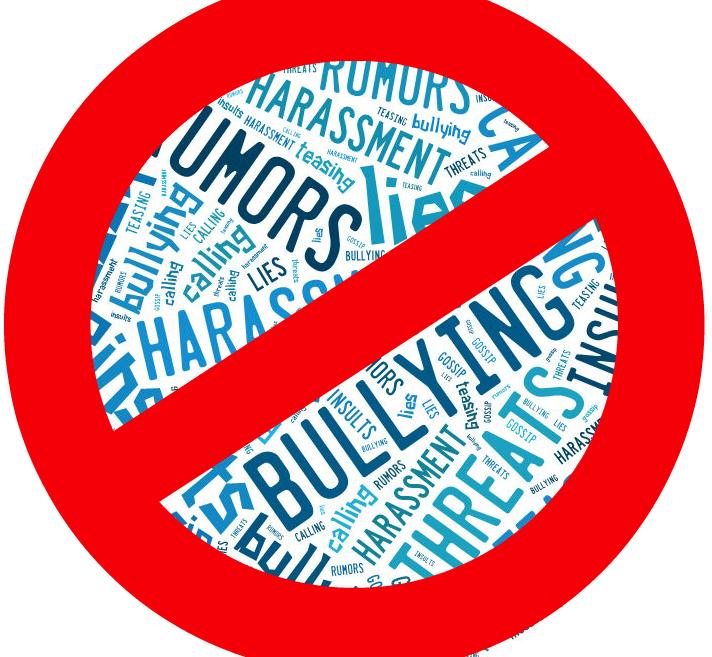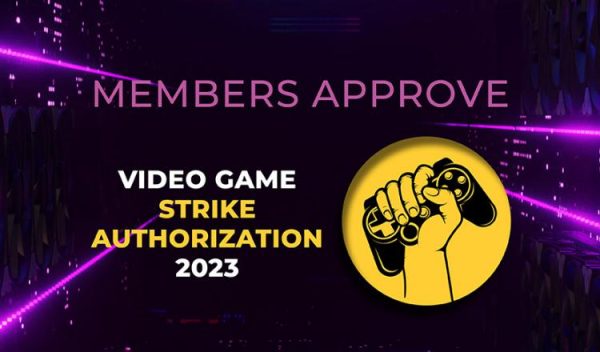Grace’s Law
Grace McComas, a, fifteen-year-old girl who once attended Glenelg Country School in Howard County, committed suicide on Easter Sunday of last year after being viciously bullied via Twitter.
Before her death, Grace informed her parents of the bullying, and they immediately contacted the police to see what could be done. Unfortunately, the police were unable to act, for there was no law strictly prohibiting cyber bullying, but they recommended that the McComas family contact Grace’s school. In order for the school to take action, they required that Grace complete a report of the incident; however, Grace was afraid that the bullying would get worse, just like it did after she told her parents:
… Next time my name rolls off your tongue, choke on it.. and DIE …
… i hope you somehow see this and cry yourself to sleep then kill yourself …
After she finally completed the required paperwork, the administration gave the bully a ten-day suspension, which he served at home, in the neighborhood where he and Grace lived.
After her death, Grace’s parents, Christine and David McComas, were determined to make changes in society in regard to cyber-bullying. With the help of Delegate Jon Cardin, the McComases were able to pass House Bill (HB 396), nicknamed Grace’s Law. The law, which went into effect on October 1st, will make it a criminal offense to repeatedly bully a minor via the internet. If convicted, a minor can get up to a $500 fine or up to a year in prison.
Officer Fiedler, our school’s resource police officer, supports the law. “I don’t think you have the right to express your opinions like that,” Fiedler declared. “When you’re hiding behind a monitor and keyboard, it’s much easier.”
According to Fiedler, Grace’s Law is “a step in the right direction.” Students who are harassed or bullied online can bring in print-outs of harmful commentary to accompany their bullying and harassment complaints.
An article written about Grace’s Law for the Loyola University Magazine notes that cyber bullying is “vastly different from traditional bullying and in many ways even more dangerous; the attacks can be anonymous and untraceable, they can be shared and spread among a wide audience during all hours of the day, and they can be inescapable for the victim because of the ubiquitous use of technology among young people.”
Although the law won’t completely stop all cyber bullying, it will help many teens like Grace. Hopefully, the threat of being arrested or fined will prevent people from posting their hurtful opinions of others on the internet.
For more information about Grace, her parents’ activism, and Grace’s Law, please visit:
http://magazine.loyola.edu/issue/alumni/4954/in-graces-honor
To report an incident of bullying or harassment, click here to access the BCPS form:
http://www.bcps.org/offices/sss/pdf/Harassment-or-Intimidation-(Bullying)-Reporting-Form.pdf
















